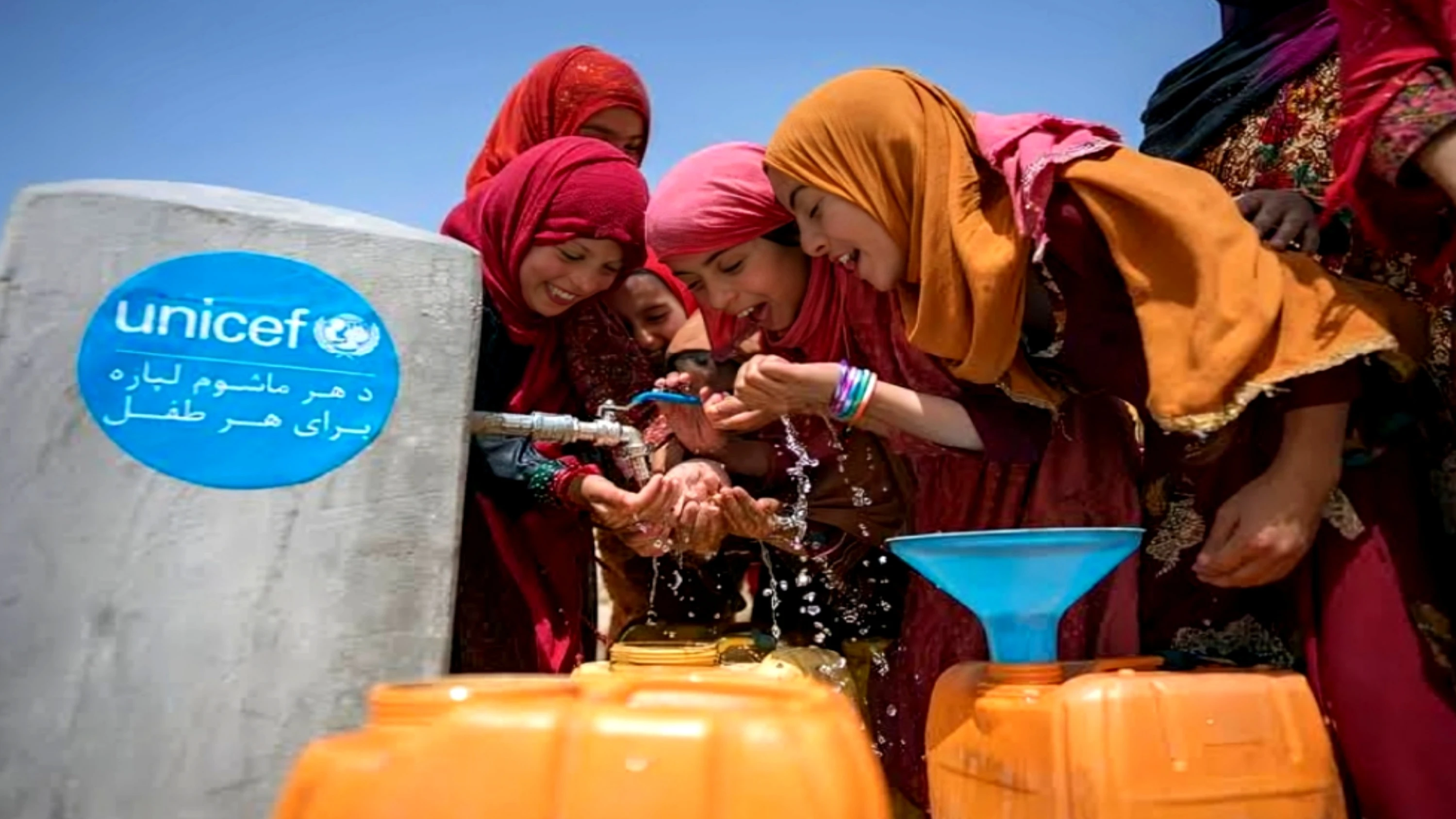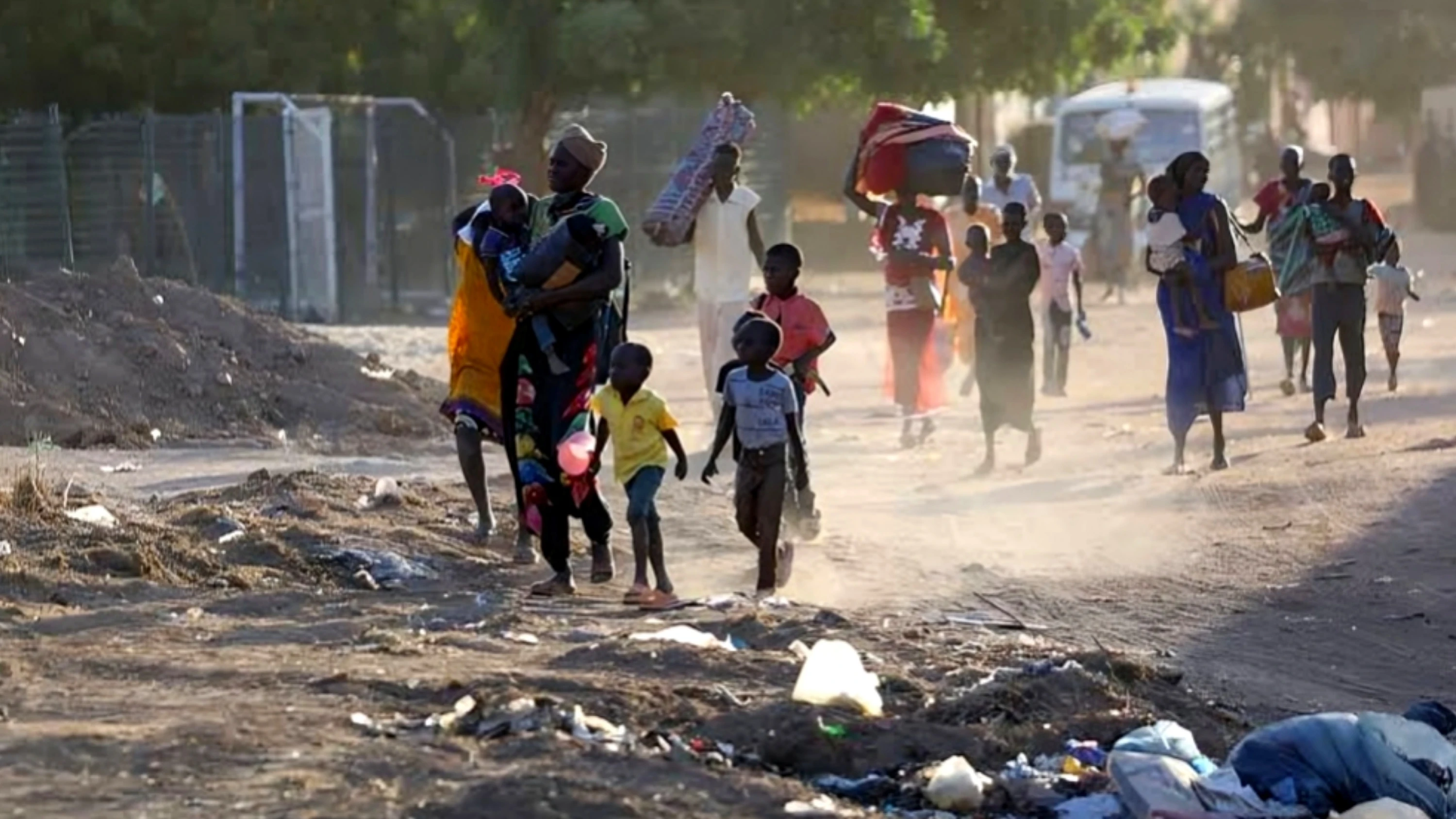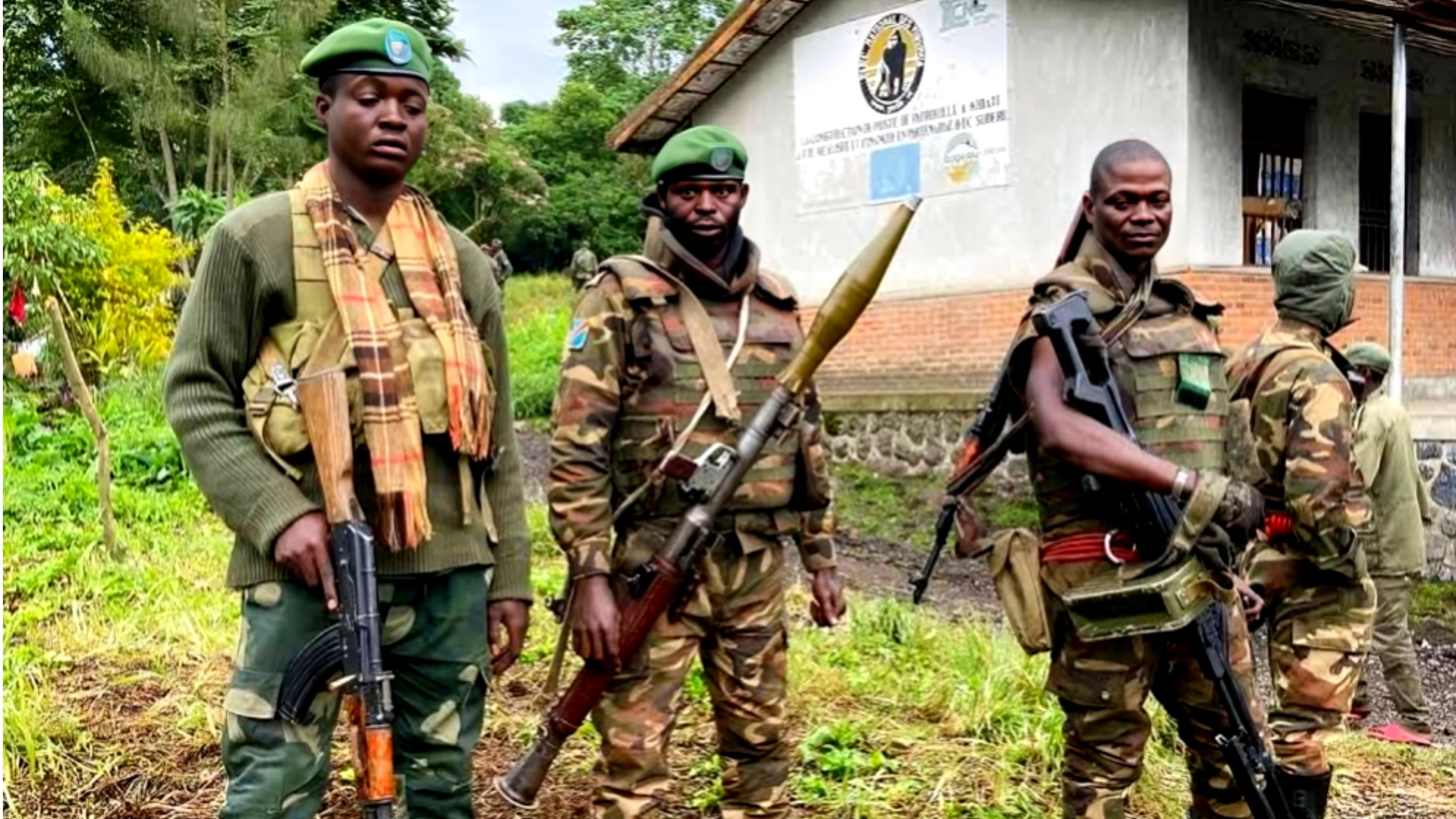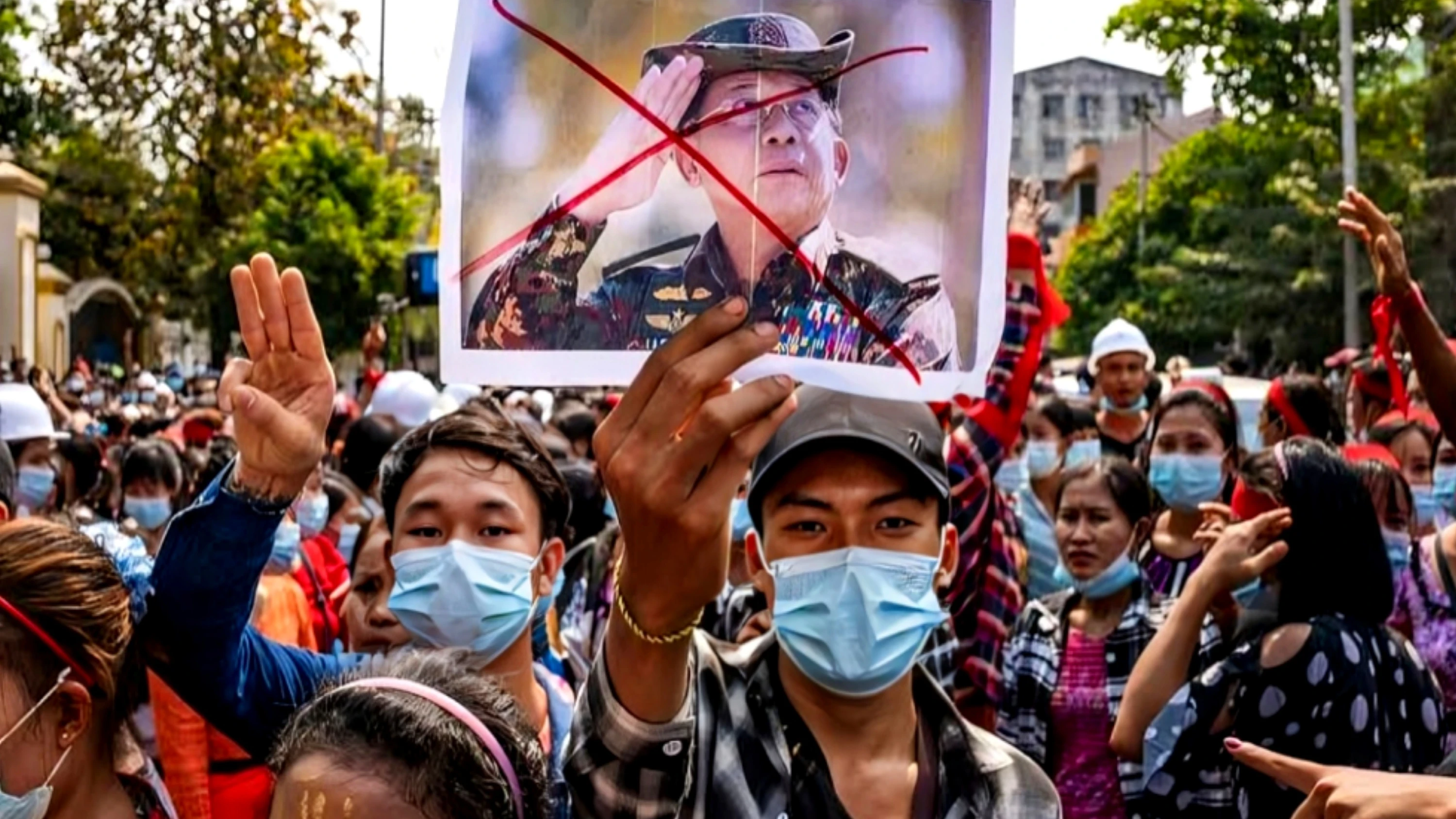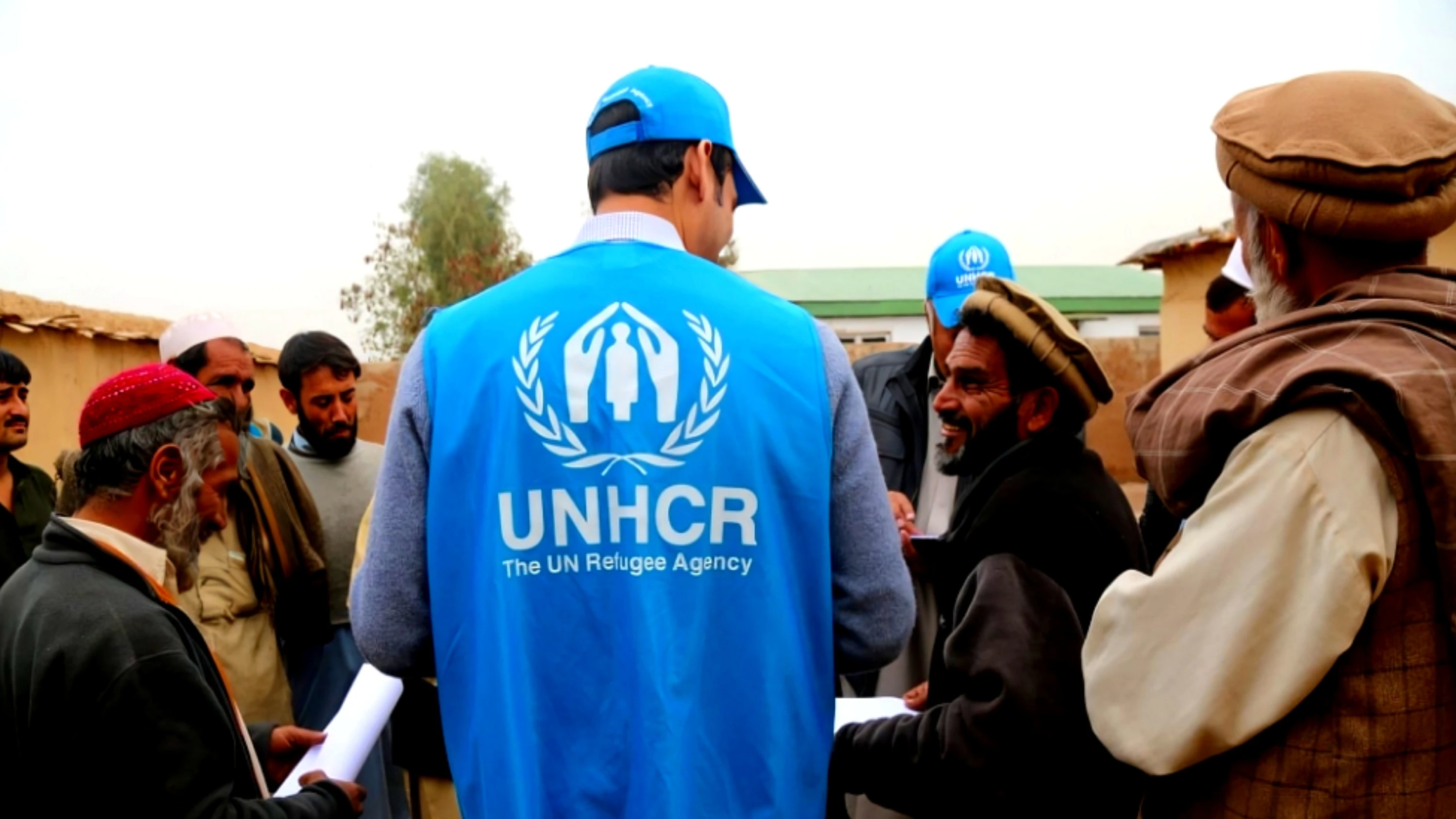Kabul: Taj ud deen Oyewale, UNICEF Representative in Afghanistan, has highlighted urgent humanitarian needs and cooperation opportunities for Afghan children amid the ongoing forced return of Afghan refugees from Pakistan. In a recent post on X (formerly Twitter), he shared an image from his visit to China, where he engaged in discussions with the private sector to explore collaborative solutions for Afghanistan.
"One in three Afghans lacks access to clean water," Oyewale noted. "Innovative solutions such as solar-powered pumps and new technologies can support families affected by water scarcity and climate challenges."
During his China visit, he held what he described as a "fruitful meeting" with private sector stakeholders to explore partnership opportunities for Afghanistan.
Meanwhile, UNICEF officials recently visited a refugee camp in Torkham, where Afghan returnees receive temporary shelter. Oyewale stated that nearly one million Afghans have returned since Pakistan began its repatriation campaign in September 2023. He added that over 60 percent of returnees, including many of his football companions at the camp, are children.
"I saw a group of boys playing football at the camp, their joyful cheers echoing around," said Oyewale. "Being a football lover myself, I couldn’t resist joining in when the ball came my way."
UNICEF emphasized that it has been supporting Afghan returnee families since the beginning of the forced return campaign. Alongside partner organizations, the agency is providing food, clean water, shelter, healthcare, nutrition, and protection services at key border crossings like Torkham in the east and Spin Boldak in the south.
Many returning families have left behind most of their belongings. While some travel in vehicles or rickshaws, most rely on handcarts or carry their possessions on their backs. According to UNICEF, these returnees are in urgent need of cash assistance, health and nutrition services, safe drinking water, sanitation, and shelter—especially as they face Afghanistan’s harsh climate. The journey poses significant risks, particularly for women and children.
UNICEF warns that children can become separated from their families during these difficult border crossings. A previous report by the organization estimated that about 20 percent of returnees from Pakistan are unaccompanied minors who urgently require shelter, food, and education.
UNICEF’s latest statements come as Pakistan continues its campaign of forced deportations. "This journey is often terrifying and traumatic for children," the agency noted. "One of our key priorities is family reunification and ensuring a safe space for unaccompanied children until they are reunited with loved ones. So far in 2025 alone, we have assisted over 1,000 such children."
The agency also stressed the need for long-term support for families who may have lived in Pakistan for decades. Returning children should quickly be reintegrated into school and must not be deprived of the opportunities that education provides.
Save the Children has also reported that returning Afghan children face severe risks due to lack of shelter, food, and proper education. The absence of basic services and social support is jeopardizing both their physical and mental health.
The UN estimates that by the end of 2025, an additional 1.5 million Afghans could return through Torkham and Spin Boldak. With returnee numbers rising, UNICEF calls for scaling up aid to ensure no child is left behind.
In its concluding remarks, UNICEF emphasized that its work at Afghanistan’s borders is made possible by operational partners and generous donors. "Every dollar invested in Afghanistan is an investment in the global community and in every child’s right to a safe, stable, and happy life."
According to UNHCR, over 250,000 Afghans returned from Iran and Pakistan under harsh conditions in April alone. On May 26, a single day, 752 families entered Afghanistan through Kandahar, Nangarhar, Nimroz, and Herat.


